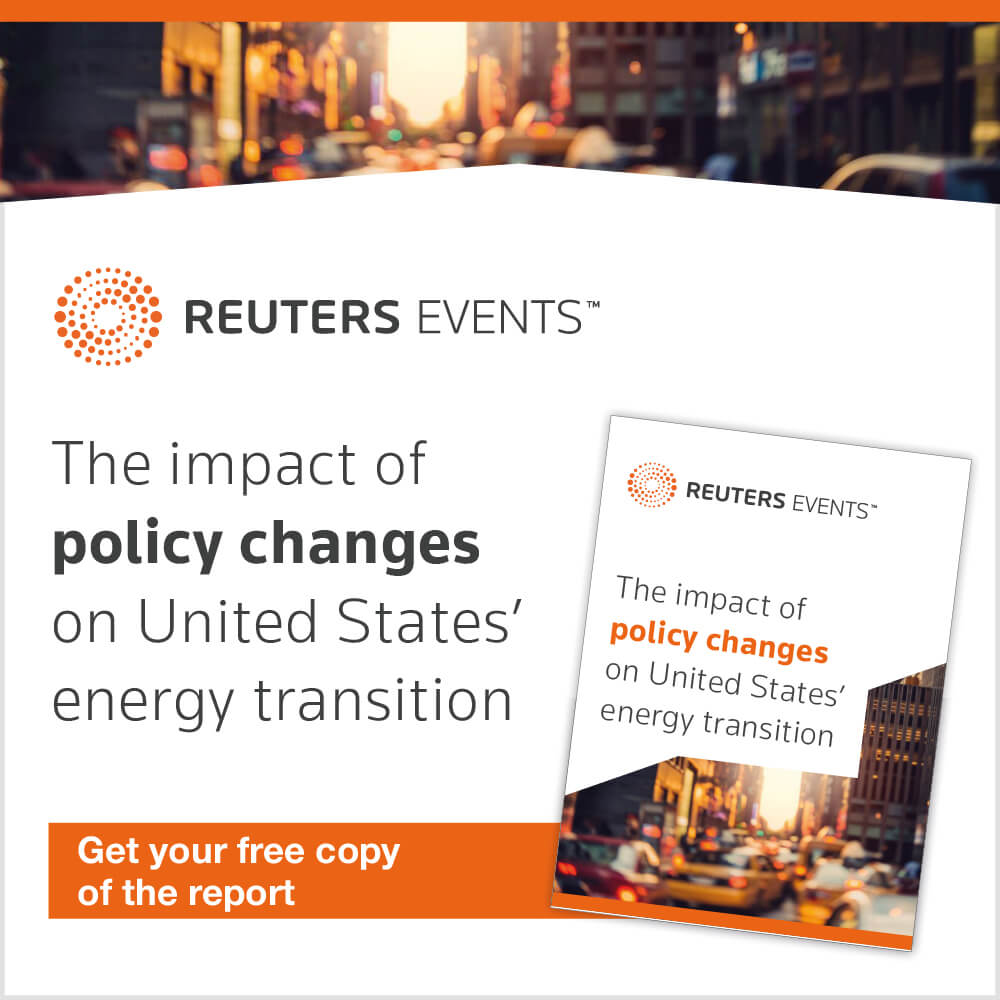Concerns Rise Over New US Energy Policy And Its Effect On Energy Demand

Table of Contents
Increased Fossil Fuel Reliance and its Impact on Energy Demand
The policy's emphasis on fossil fuels, rather than a balanced approach, is a central point of contention. This increased reliance on fossil fuels has several significant implications for energy demand and the nation's energy future.
Reduced Investment in Renewables
The policy prioritizes fossil fuels, potentially hindering investment in renewable energy sources like solar and wind power. This shift could have far-reaching consequences:
- Reduced government subsidies and tax breaks for renewable energy projects: This lack of financial incentive will slow down the development and deployment of clean energy technologies.
- Slowdown in the development of renewable energy infrastructure: Fewer investments translate to less development of crucial infrastructure, including solar farms, wind turbines, and energy storage solutions.
- Increased reliance on fossil fuel imports, impacting energy security: Reduced domestic renewable energy production increases the nation's dependence on volatile global fossil fuel markets, creating vulnerabilities in energy security.
Consequences for Energy Prices
Decreased reliance on renewables, coupled with increased fossil fuel use, could lead to volatile and potentially higher energy prices. The fluctuation in fossil fuel markets directly impacts energy costs:
- Potential for increased inflation, impacting consumers and businesses: Higher energy prices contribute to overall inflation, affecting household budgets and business operational costs.
- Uncertainty in long-term energy costs for businesses, hindering planning and investment: The unpredictability of energy prices makes it difficult for businesses to plan for the future, potentially hindering investment and economic growth.
- Increased burden on low-income households disproportionately affected by rising energy bills: Rising energy costs disproportionately impact low-income households, exacerbating existing economic inequalities.
Environmental Concerns and Sustainability Challenges
The shift towards fossil fuels presents significant environmental challenges and threatens the nation's commitment to sustainability goals.
Increased Greenhouse Gas Emissions
A move away from renewable energy sources and towards fossil fuels will inevitably lead to increased greenhouse gas emissions:
- Contribution to global warming and its associated effects (sea-level rise, extreme weather events): Increased emissions directly contribute to climate change, resulting in more frequent and severe weather events and rising sea levels.
- Failure to meet national and international climate change targets: The policy may hinder the nation's ability to meet its commitments under the Paris Agreement and other international climate accords.
- Negative impact on air and water quality: Increased burning of fossil fuels degrades air and water quality, impacting public health and ecosystems.
Impact on Environmental Regulations
The new energy policy might also lead to the weakening or rollback of existing environmental regulations:
- Weakening of emission standards for power plants and vehicles: Relaxed emission standards would further contribute to air pollution and greenhouse gas emissions.
- Reduced oversight of oil and gas drilling operations: Less stringent regulations could increase the risk of oil spills and other environmental disasters.
- Increased risk of environmental disasters and pollution: Reduced environmental protection measures increase the likelihood of accidents and pollution incidents, harming ecosystems and human health.
Economic Implications and Job Creation
The policy's economic implications are complex, with potential for both short-term gains and long-term losses.
Short-term job gains in the fossil fuel sector vs. long-term job losses
While the policy may initially create jobs in the fossil fuel industry, it could lead to long-term job losses in the burgeoning renewable energy sector:
- Need for retraining and workforce adaptation: A shift away from renewable energy requires retraining programs to help workers transition to other sectors.
- Potential regional economic disparities based on reliance on fossil fuels or renewables: Regions heavily reliant on fossil fuels may experience short-term economic benefits, while areas invested in renewable energy could face economic hardship.
- Missed opportunities for innovation and growth in the green technology sector: Reduced investment in renewable energy stifles innovation and growth in the green technology sector, potentially hindering future economic opportunities.
Conclusion
The new US energy policy presents a complex picture with significant implications for energy demand, environmental sustainability, and the economy. While it may offer short-term benefits to certain sectors, the long-term consequences of increased reliance on fossil fuels raise serious concerns about climate change, energy security, and economic stability. A thorough reassessment of the policy is crucial to ensure a balanced approach that promotes both economic growth and environmental protection. Understanding the potential ramifications of this new US energy policy and its effect on energy demand is vital for informed decision-making and advocating for sustainable energy solutions. Let’s work together to ensure a future powered by responsible and sustainable energy strategies, mitigating the negative impact of this policy on energy demand and the environment.

Featured Posts
-
 Alcaraz Triumphs In Montecarlo Final Despite Musettis Injury
May 30, 2025
Alcaraz Triumphs In Montecarlo Final Despite Musettis Injury
May 30, 2025 -
 Kyriaki 16 3 Ti Na Deite Stin Tileorasi
May 30, 2025
Kyriaki 16 3 Ti Na Deite Stin Tileorasi
May 30, 2025 -
 Oasis Concert Ticket Sales Investigating Ticketmasters Compliance With Consumer Protection Laws
May 30, 2025
Oasis Concert Ticket Sales Investigating Ticketmasters Compliance With Consumer Protection Laws
May 30, 2025 -
 Gorillaz Celebrate 25 Years A Retrospective Exhibition And Live Performances
May 30, 2025
Gorillaz Celebrate 25 Years A Retrospective Exhibition And Live Performances
May 30, 2025 -
 Ticketmaster Mayor Transparencia En Los Precios De Las Entradas
May 30, 2025
Ticketmaster Mayor Transparencia En Los Precios De Las Entradas
May 30, 2025
